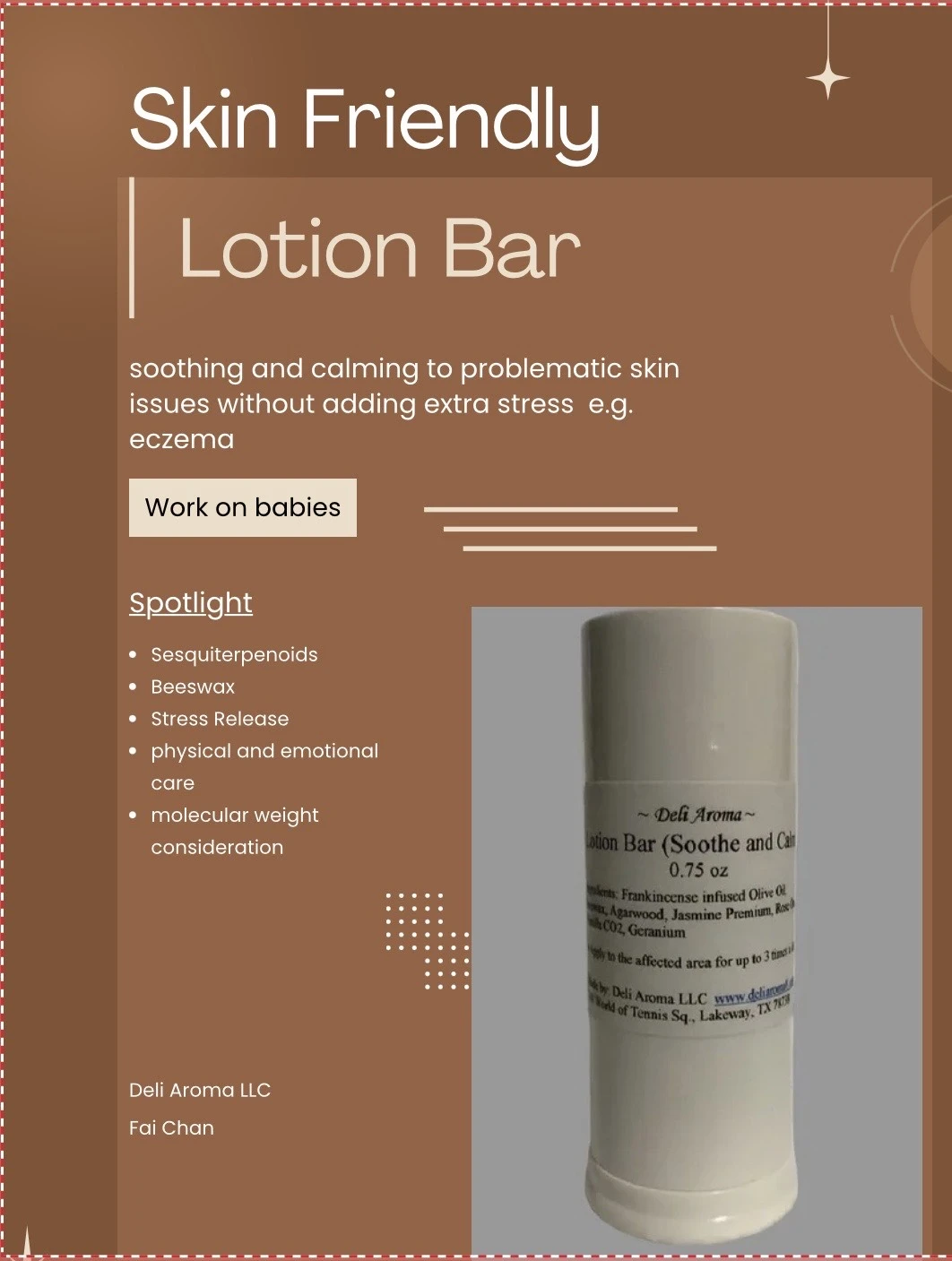Indexed In
- Open J Gate
- Genamics JournalSeek
- ResearchBible
- RefSeek
- Directory of Research Journal Indexing (DRJI)
- Hamdard University
- EBSCO A-Z
- OCLC- WorldCat
- Scholarsteer
- Publons
- MIAR
- Euro Pub
- Google Scholar
Useful Links
Share This Page
Journal Flyer

Open Access Journals
- Agri and Aquaculture
- Biochemistry
- Bioinformatics & Systems Biology
- Business & Management
- Chemistry
- Clinical Sciences
- Engineering
- Food & Nutrition
- General Science
- Genetics & Molecular Biology
- Immunology & Microbiology
- Medical Sciences
- Neuroscience & Psychology
- Nursing & Health Care
- Pharmaceutical Sciences
Commentary - (2023) Volume 12, Issue 5
Unraveling the Polyamine and its Impact on Human Health
Hiddun Mizam*Received: 04-Oct-2023, Manuscript No. BABCR-23-23699; Editor assigned: 06-Oct-2023, Pre QC No. BABCR-23-23699 (PQ); Reviewed: 23-Oct-2023, QC No. BABCR-23-23699; Revised: 30-Oct-2023, Manuscript No. BABCR-23-23699 (R); Published: 06-Nov-2023, DOI: 10.35248/2161-1009.23.12.516
Description
Polyamines, a group of organic compounds containing multiple amino groups, have been the subject of considerable research in recent years due to their intriguing roles in various biological processes. These small, positively charged molecules are essential for cell growth, differentiation, and overall health. While they are naturally synthesized within the human body, polyamines are also present in numerous dietary sources, raising questions about their potential influence on health and well-being.
Polyamines, including putrescine, spermidine, and spermine, are vital for the growth and development of all living organisms. In humans, these compounds are intricately involved in processes such as cell proliferation, gene expression, and maintaining DNA stability. The biosynthesis of polyamines primarily occurs through the decarboxylation of amino acids, namely ornithine and arginine. Key enzymes, Ornithine Decarboxylase (ODC) and arginase, are responsible for these conversions. Dysregulation of polyamine metabolism has been associated with various diseases, including cancer, neurodegenerative disorders, and cardiovascular conditions.
One of the most absorbing aspects of polyamines is their dual nature in health and disease. On one hand, they are essential for fundamental cellular processes, and on the other, their imbalance or excess can lead to pathophysiological conditions. The regulation of polyamine levels within the body is, therefore, a finely tuned process, and any disruptions can have profound consequences. This delicate balance highlights the importance of understanding how polyamines from both endogenous and exogenous sources affect human health.
Polyamines, being small molecules, can readily cross cell membranes, allowing them to influence various cellular processes directly. Their positive charges enable them to interact with negatively charged molecules, such as nucleic acids and proteins, leading to diverse biological effects. In this context, understanding how polyamines from dietary sources impact health becomes a key area of interest.
Dietary polyamines are found in a wide range of foods, including fruits, vegetables, dairy products, and certain beverages. They are particularly abundant in items like soybeans, wheat germ, and fermented foods. It is well-established that the consumption of these polyamine-rich foods can elevate the levels of polyamines in the bloodstream. This fact has sparked a significant amount of study aimed at unraveling the potential health effects of dietary polyamines.
Spermidine, in particular, has garnered substantial attention in recent years due to its potential health benefits. This polyamine is present in various dietary sources, including soybeans, whole grains, and some fruits. Studies have shown that spermidine may contribute to autophagy, a cellular process that plays a critical role in maintaining cellular homeostasis by degrading damaged organelles and proteins. Autophagy has been linked to various health benefits, including reduced inflammation and extended lifespan in experimental models.
In addition to spermidine, dietary polyamines are also being studied for their potential roles in various health conditions. Putrescine, for instance, is another polyamine present in foods like soybeans and fermented products. It has been investigated for its potential anti-inflammatory and antioxidant properties. However, it is significant to recognize that the effects of individual polyamines may vary, and more research is needed to establish their precise impacts on health.
The potential health effects of dietary polyamines extend to their impact on cardiovascular health. There is evidence to suggest that these compounds may play a role in reducing the risk of heart diseases. Spermidine, in particular, has been associated with improved heart health in animal studies. Its ability to enhance autophagy and reduce oxidative stress could contribute to these positive effects. Nevertheless, further study is needed to determine the exact mechanisms and establish the significance of dietary polyamines in cardiovascular disease prevention.
Citation: Mizam H (2023) Unravelling the Polyamine and its Impact on Human Health. Biochem Anal Biochem. 12:516.
Copyright: © 2023 Mizam H. This is an open-access article distributed under the terms of the Creative Commons Attribution License, which permits unrestricted use, distribution, and reproduction in any medium, provided the original author and source are credited.


